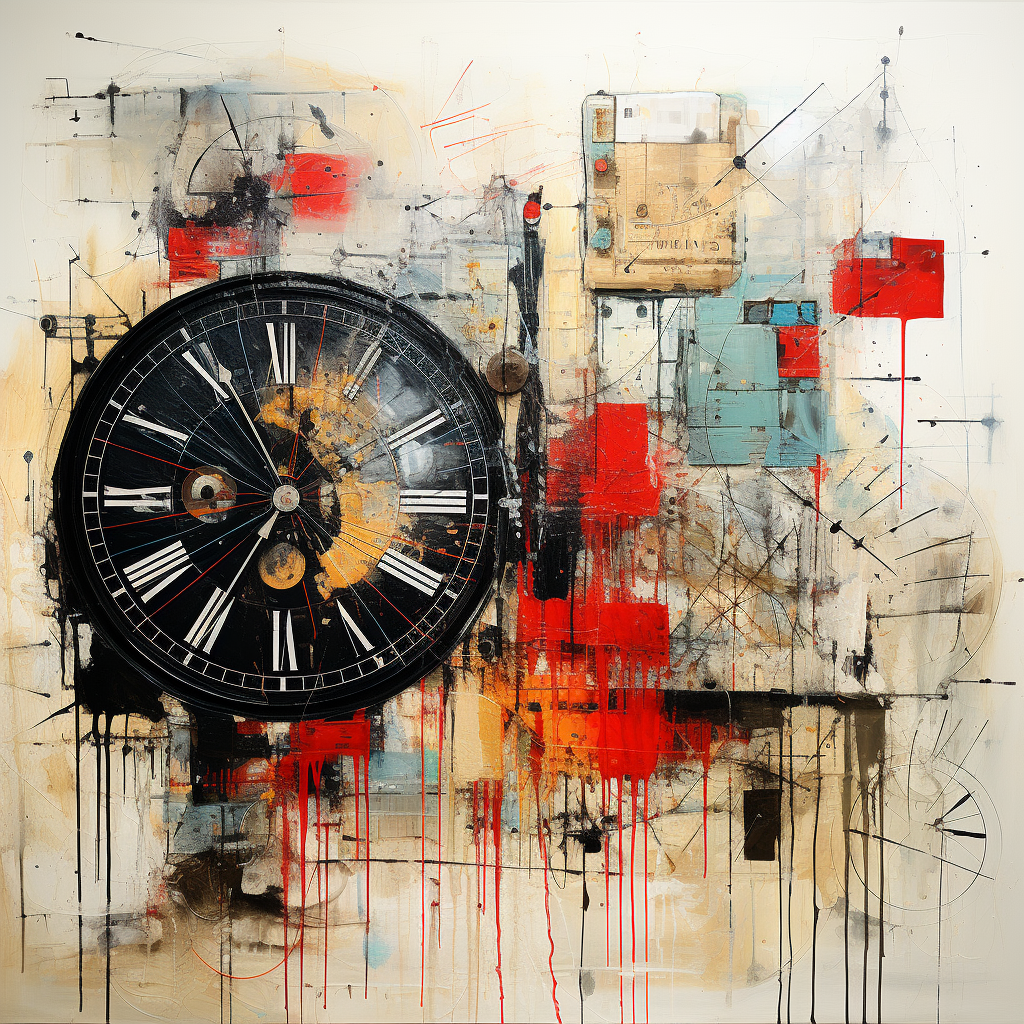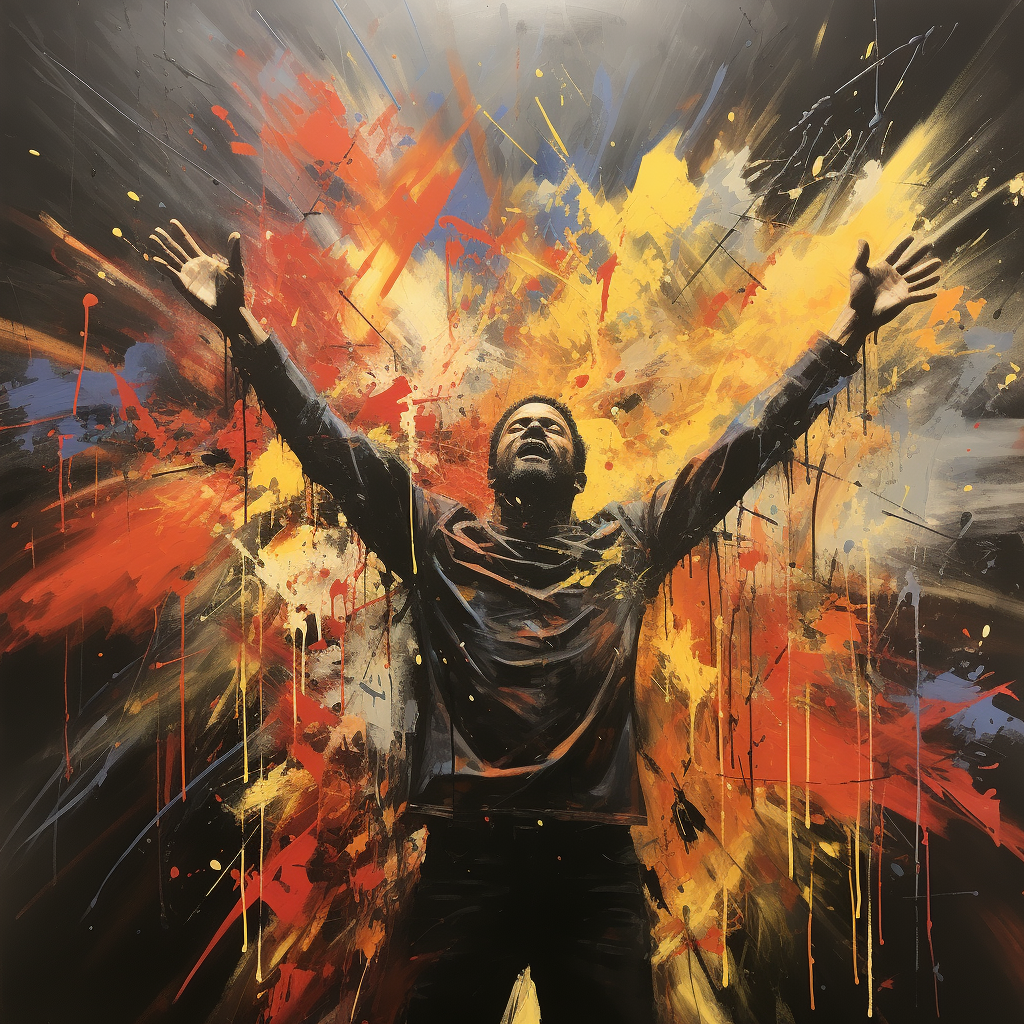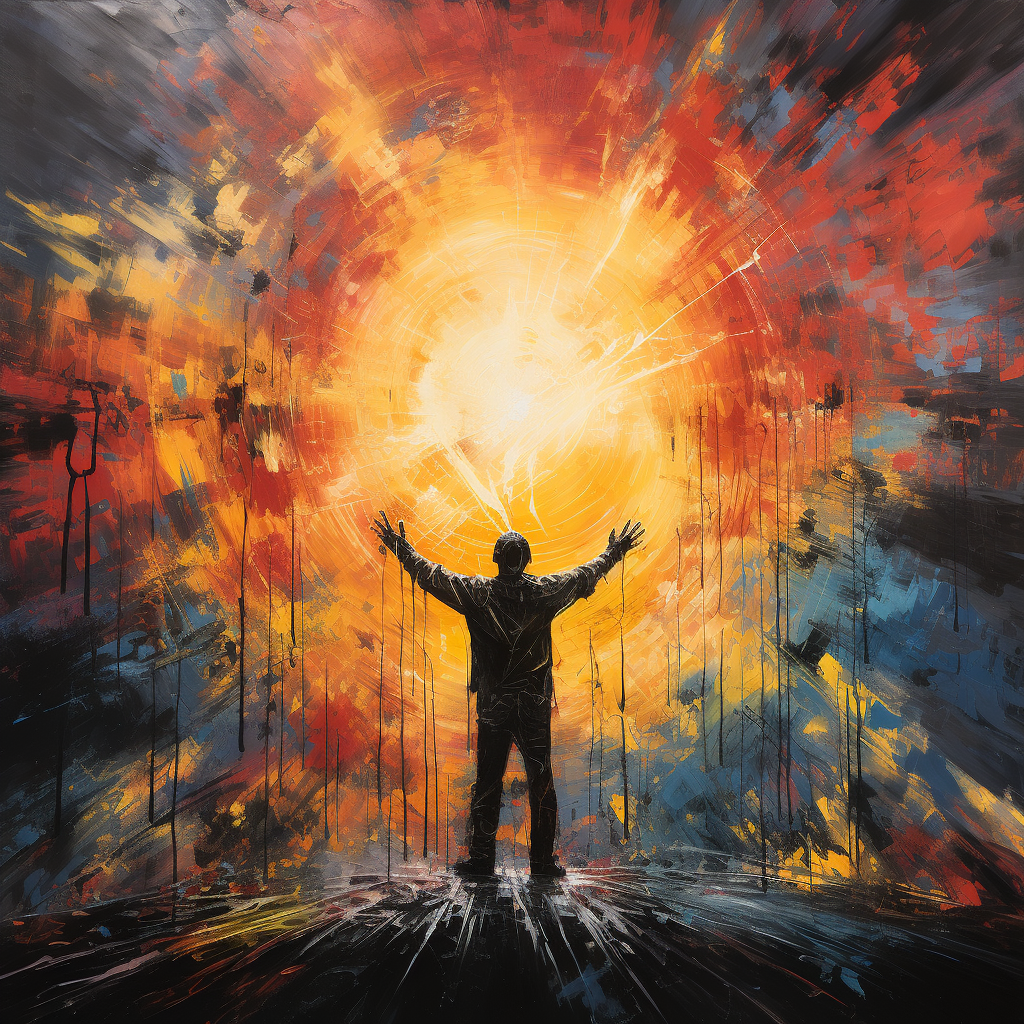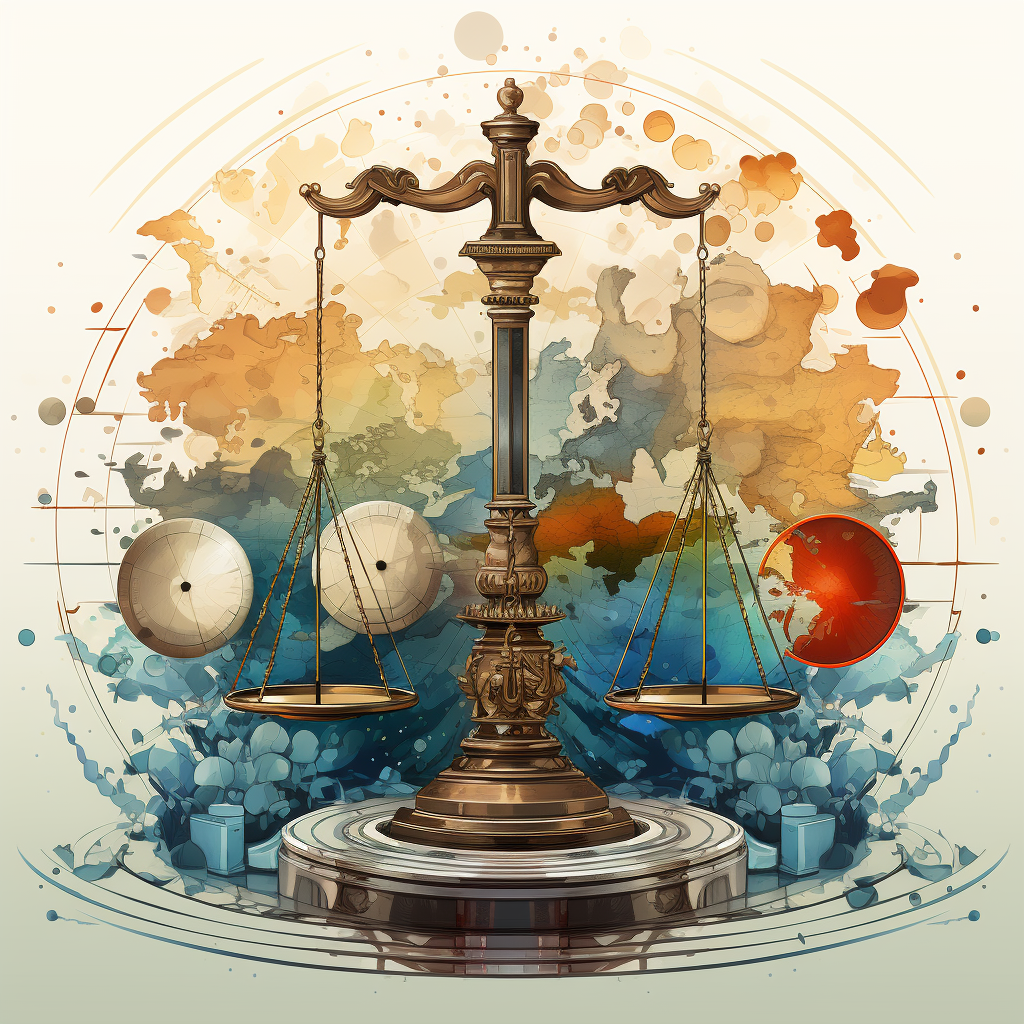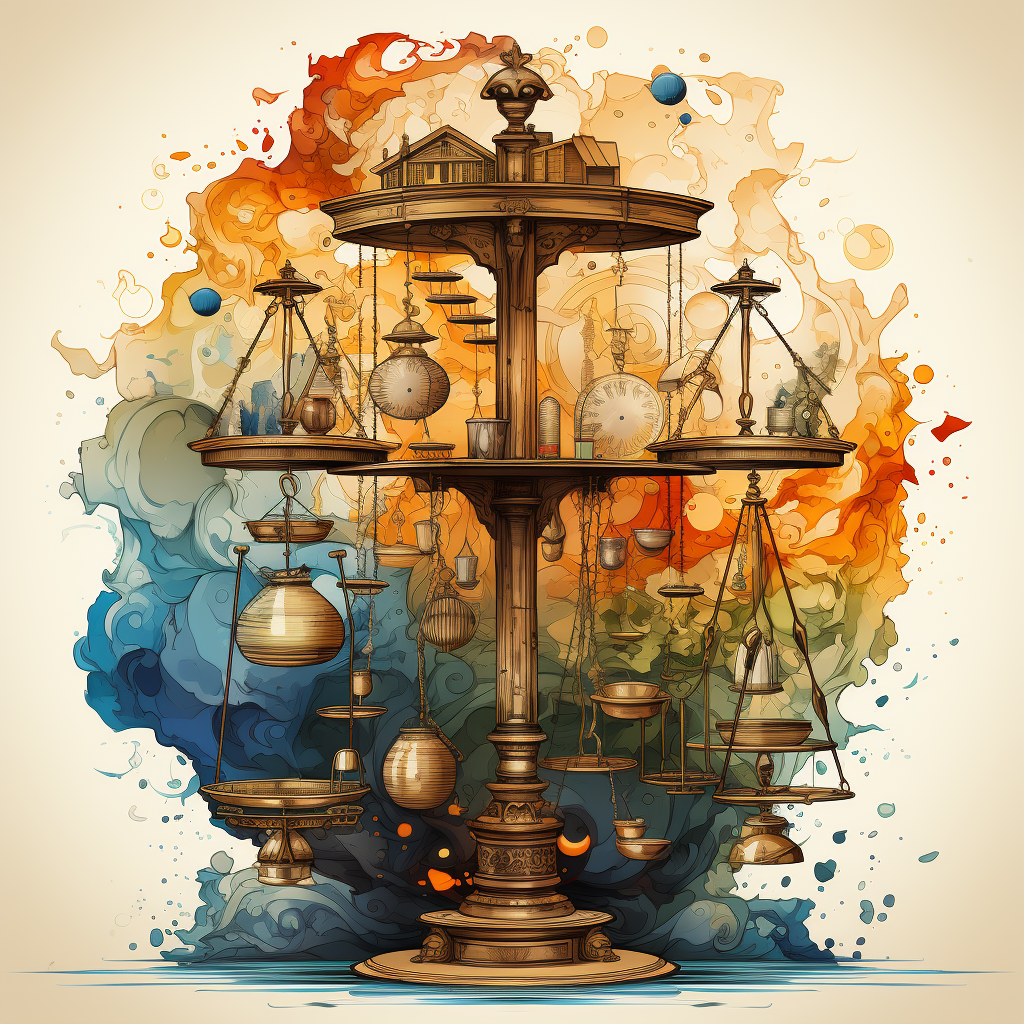Introduction
The proverb “Well done is better than well said” is often attributed to one of America’s founding fathers, Benjamin Franklin. This quote emphasizes the importance of actions over mere words, arguing that what a person does holds more value than what they say they will do. Throughout history, this belief has been echoed by various cultures and philosophies.
Historical Background
Benjamin Franklin, a renowned statesman, scientist, and writer, was known for his wisdom and wit. This particular quote is part of his collection of sayings that are recorded in “Poor Richard’s Almanack,” first published in 1732.
The Emphasis on Action
- Philosophical Perspectives: Ancient philosophers like Aristotle advocated for virtuous action as the path to a good life. In his Nicomachean Ethics, Aristotle emphasizes that virtue lies in our actions, not just our words or thoughts.
- Literary Examples: In Shakespeare’s “Hamlet,” the character Polonius advises, “Give thy thoughts no tongue.” This supports the idea that actions speak louder than words, as empty promises and mere talk can lead to misunderstandings and broken trust.
- Business Ethics: The quote can also be applied to business ethics. A company’s mission statement means nothing if its practices do not align with its proclaimed values. For example, businesses that claim to be environmentally friendly must demonstrate this through tangible actions.
- Psychological Insights: Psychological research suggests that there is often a gap between what people say they will do and what they actually do. This phenomenon is known as the intention-behavior gap and has been studied in various contexts, including health behavior and consumer behavior (Sheeran, 2002).
Contemporary Application
In today’s social media-driven world, where words are often prioritized, Franklin’s wisdom resonates more than ever. The rise of ‘slacktivism,’ where online support for a cause does not translate into real-world action, illustrates the ongoing relevance of this quote.
Conclusion
The phrase “Well done is better than well said” serves as a timeless reminder that actions hold greater significance than mere words. From historical philosophers to modern-day scenarios, this principle encourages a focus on tangible deeds rather than empty promises. By fostering a culture of accountability and integrity, both individuals and organizations can benefit from embracing the wisdom in these simple yet profound words.

